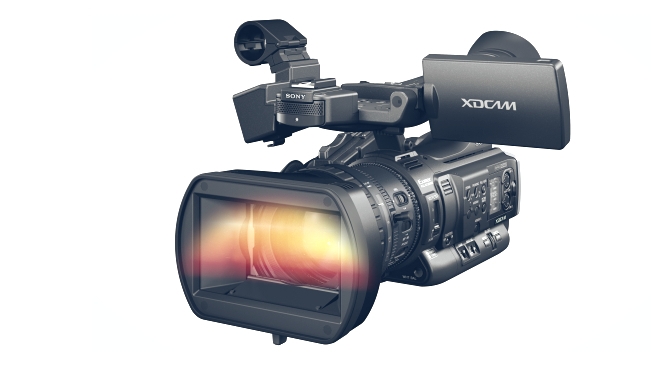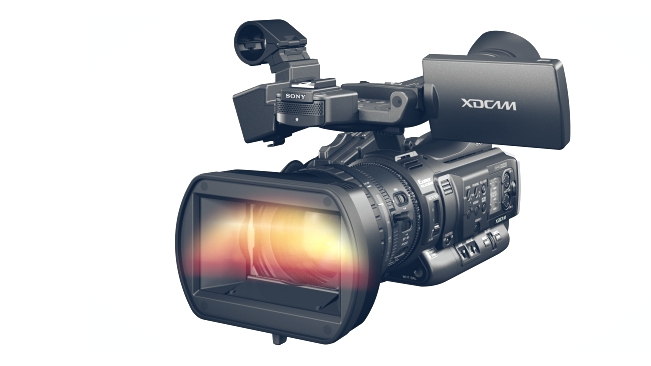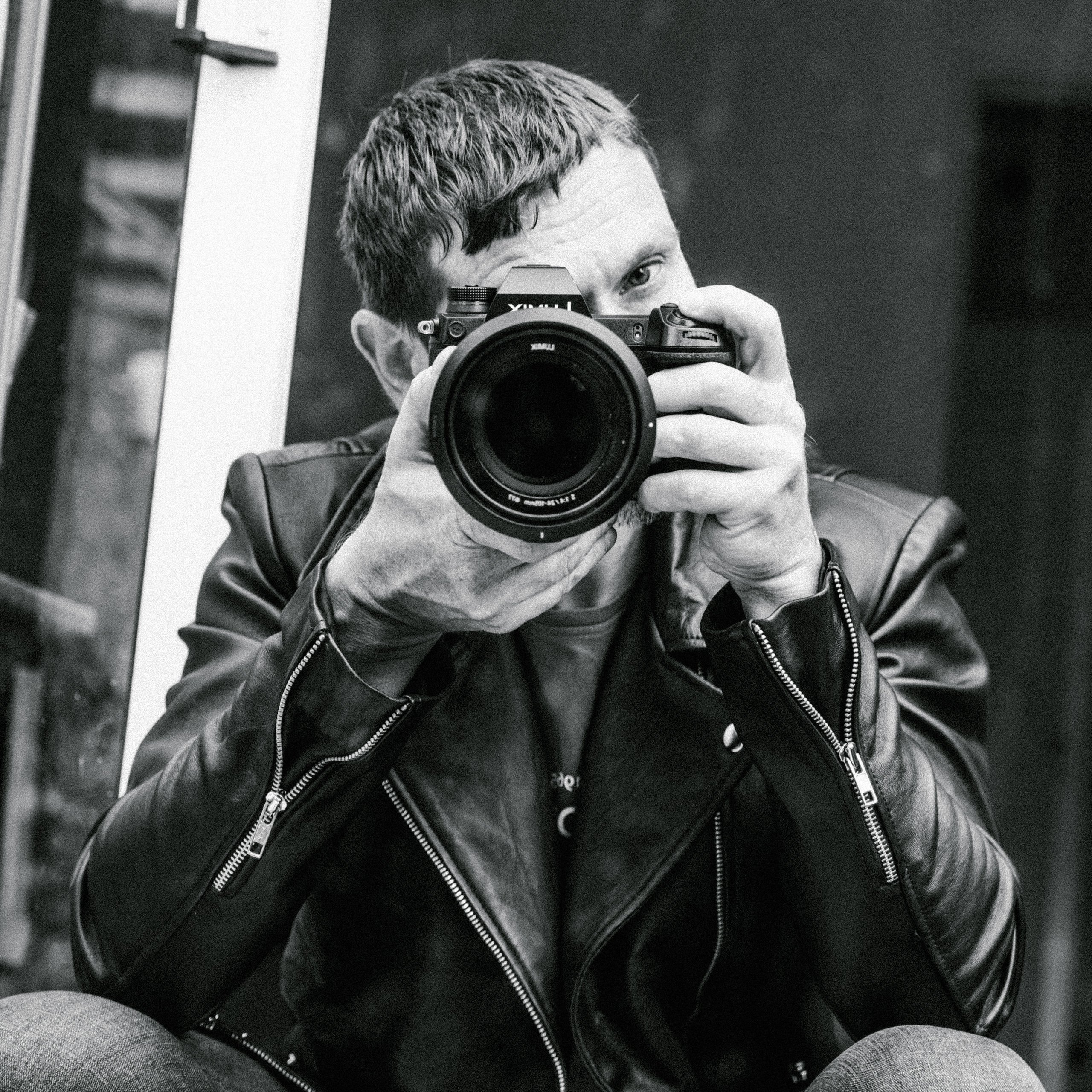
 PMW-200
PMW-200
Is the move towards large-sensor cameras completely one-way? Simon Wyndham doesn't think so
If you are a video producer of any sort the chances are that at some point in the last few years you would have used a large chip camera - whether that was a video capable DSLR or a dedicated video camera such as the FS700.
It is easy to see why these cameras are so popular. They give that sexy shallow depth of field look that for years video makers enviously desired as they watched their favourite Hollywood blockbusters, wishing that they could recreate such a look themselves.
Low light
The size of such chips allows fantastic low light capability from having much larger photosites too. There is the better contrast handling that often accompanies such sensors as well. All in all there is a lot to recommend about large chip cameras. However there are drawbacks too.
For instance shallow depth of field can be as much of a hinderance as it can be desirable. This is especially apparent when in low light situations and the lens has to be opened up as much as possible.
Such an issue is mitigated to a degree by newer cameras such as the Sony F5 and F55, which allow the ISO to be boosted with minimal noise, but it remains an issue on many cameras nonetheless.
Lenses
Lens options are another potential drawback. While it is fantastic to have a set of lenses in your bag, let's be honest, it was all a lot less hassle to be able to shoot with one lens for most of the day! It is simply not physically possible to have a light lens designed for a large chip camera that will cover the same sort of zoom range as the average 2/3” ENG glass or Sony EX camcorder.
While it is true that Fuji have released such a zoom in PL mount form, anyone who has seen one will know just how big and heavy they are. The focal length range is nowhere near as versatile as a lens such as the good old Canon HJ17 workhorse either.
Sony 4K cameras
Recently Sony have announced a new set of 4k cameras that use a 1/2.3” sensor. The top end model of which shoots 10-bit 4k at up to 600Mbps. However I can place a fair bet that there will be some complaints from certain quarters about the sensor size. After all, why on earth would you want all that 4k resolution and detail if you can’t throw half of it out of focus?!
This absolute craving for large chip cameras need not be necessary. There is a place for all types of camera. Increasingly these small chip cameras are seen as tools for “Videographers”, while big chip cameras are for “Cinematographers”. A funny distinction because unless your name is on IMDB the chances are that a good portion of such people who are actually making money from video are shooting the same type of projects. Namely corporate and industrial, and maybe weddings.
The reality
The harsh reality is that when I used to shoot interviews with my EX3, more often than not I could throw the background out of focus somehow. If I couldn’t then it was time to use that other art of manipulating light. The background rarely needed to be so out of focus that everything became an abstract blur.
In days gone by filmmakers used to view shallow depth of field as a drawback. A more modern film to use as reference is Terminator 2, a film in which Adam Greenberg purposefully strived for deep depth of field, often going to great lengths in terms of lighting power to achieve it. Would anybody accuse Terminator 2 of not looking cinematic? I didn’t think so.
So I think that it is time that we took another look at how we use depth of field and start looking at the advantages of smaller chip cameras rather than their drawbacks. Maybe it will force people to start relying more on shot composure and lighting rather than using shallow depth of field as a crutch, or as an excuse to give themselves a loftier job title!
By Simon Wyndham
Read the Sony announcment of their two new 4K camcorders here
Tags: Technology


Comments